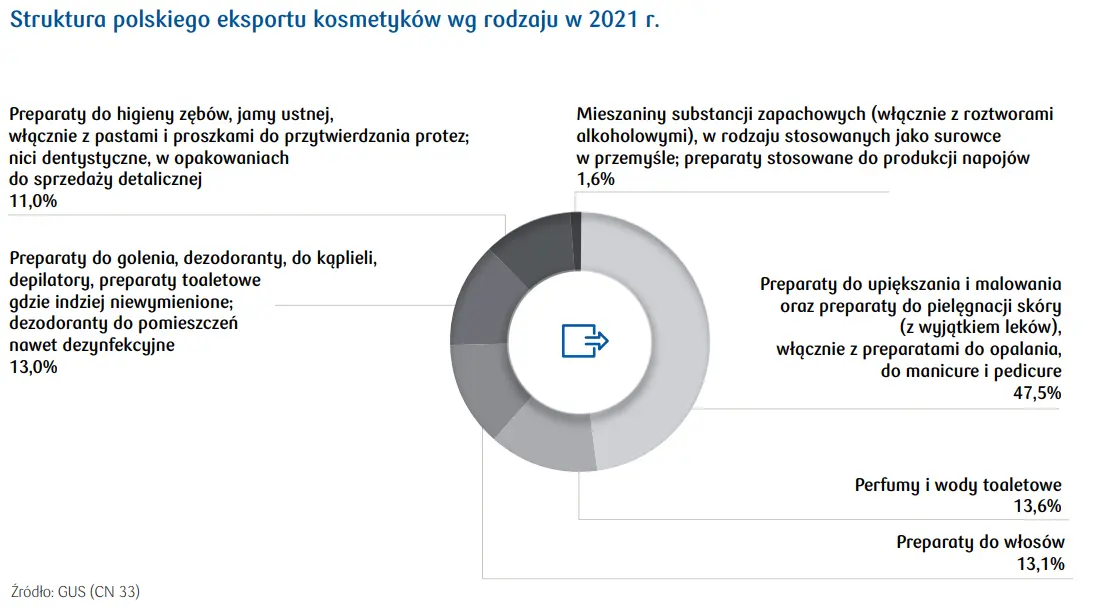Auto Dealers Intensify Fight Against Electric Vehicle Regulations

Table of Contents
Economic Concerns Fueling Dealer Opposition
Many dealerships argue that transitioning to EVs requires significant upfront investments, impacting dealership profits. These investments include new infrastructure for EV charging, specialized training for staff to handle EV technology and repairs, and adapting to different sales and service models. The shift could lead to decreased profits, especially in the short term, as EV sales margins may differ from Internal Combustion Engine (ICE) vehicles. The economic viability of EV sales targets set by government mandates is a key area of concern.
- High costs associated with EV charging infrastructure installation: Upgrading dealerships to accommodate fast chargers and other necessary infrastructure represents a substantial financial burden.
- Need for specialized training on EV technology and repair: EV mechanics require different skill sets than those needed for ICE vehicles, necessitating costly training programs for existing staff.
- Uncertainty around future EV sales volume and profitability: Dealerships are hesitant to invest heavily in EVs without a clear understanding of future demand and the profitability of EV sales.
- Concerns about reduced service revenue due to fewer moving parts in EVs: The simpler mechanics of EVs mean fewer opportunities for costly repairs, potentially reducing a significant revenue stream for dealerships.
The Impact of Government Mandates and Incentives
Governments worldwide are implementing various mandates and incentives – such as government incentives, sales quotas, and EV mandates – to accelerate EV adoption. Dealers argue that these regulations are often too aggressive, leaving insufficient time to adapt and potentially leading to market distortions. The inconsistencies between state and federal regulations also present significant challenges for effective planning and investment. The rapid implementation of these policies creates uncertainty, particularly concerning the long-term viability of their businesses under these changing EV regulations.
- Rapidly changing EV mandates create uncertainty and difficulty in planning: The frequent changes in regulations make it difficult for dealerships to make long-term investment decisions.
- Concerns over the effectiveness and fairness of government incentives: Dealerships question whether current incentives are sufficiently targeted and equitable to support the transition to EVs while also being financially sustainable for them.
- Inconsistencies in regulations across different states and countries: The lack of uniform standards creates logistical nightmares and difficulties in managing inventory and sales across different jurisdictions.
- Potential negative impact on consumer choice and market competition: Dealerships worry that overly stringent regulations could limit consumer choice and stifle competition in the automotive market.
The Role of Consumer Demand and Market Readiness
Dealers point to factors hindering mass EV adoption, such as range anxiety, charging infrastructure limitations, and the higher initial purchase price of EVs compared to ICE vehicles. They suggest a more gradual transition is necessary to ensure market readiness and consumer acceptance. The current consumer adoption rate, while growing, is not sufficient to support the rapid shift envisioned by many government EV regulations.
- Limited availability of public charging stations: The lack of widespread and reliable charging infrastructure remains a major obstacle to EV adoption.
- Concerns about long charging times: Charging times for EVs are significantly longer than refueling times for ICE vehicles, a factor deterring some potential buyers.
- Higher upfront cost of EVs compared to gasoline-powered vehicles: The higher initial price of EVs, despite potential long-term savings, represents a barrier to entry for many consumers.
- Lack of awareness and understanding of EV technology among consumers: Consumer education and awareness are crucial for driving broader acceptance and adoption of electric vehicles.
The Future of the Dealership Model in the EV Era
The shift towards EVs necessitates a transformation of the traditional dealership model. Dealerships will need to adapt to digital retail, online sales, and specialized EV service offerings to remain competitive in the changing market landscape. The future will likely involve a blend of physical and digital experiences. This evolution requires substantial investment and adaptation to both new technology and new consumer expectations surrounding EVs.
- Investment in online sales platforms and digital marketing: Dealerships must embrace digital technologies to reach and serve customers effectively in a changing market.
- Development of specialized EV service departments and training programs: Dealerships need to invest in specialized EV service capabilities and train technicians accordingly.
- Integration of telematics and data analytics for improved customer service: Using data-driven insights to improve the customer experience and provide better service is crucial.
- Shifting from a product-centric to a service-centric business model: Dealerships will need to focus more on providing services like maintenance, repairs, and charging solutions to remain relevant.
Conclusion
The fight against electric vehicle regulations is intensifying, with auto dealers raising valid concerns about the economic and practical challenges of a rapid transition. While the shift to EVs is inevitable for environmental and technological reasons, a balanced approach that considers the concerns of all stakeholders is crucial to ensure a smooth and successful transition. Finding a compromise that balances environmental goals with the economic realities faced by auto dealers is essential for the future of the automotive industry and the widespread adoption of electric vehicles.
Call to Action: Understanding the complexities surrounding electric vehicle regulations is crucial. Stay informed about the latest developments and join the conversation on how to navigate this critical period for the automotive industry and the adoption of electric vehicles. Learn more about the ongoing debate around electric vehicle regulations and their impact on the auto industry.

Featured Posts
-
 Celtics Vs Knicks Live Stream Tv Channel And How To Watch
May 06, 2025
Celtics Vs Knicks Live Stream Tv Channel And How To Watch
May 06, 2025 -
 Gigabyte Aorus Master 16 Review Powerful Graphics Loud Fans A Deep Dive
May 06, 2025
Gigabyte Aorus Master 16 Review Powerful Graphics Loud Fans A Deep Dive
May 06, 2025 -
 Nintendos Action Forces Ryujinx Emulator Development To Cease
May 06, 2025
Nintendos Action Forces Ryujinx Emulator Development To Cease
May 06, 2025 -
 Kontrowersyjny Eksport Trotylu Z Polski Analiza Zamowienia
May 06, 2025
Kontrowersyjny Eksport Trotylu Z Polski Analiza Zamowienia
May 06, 2025 -
 Polska I Eksport Trotylu Rzut Oka Na Duze Zamowienie
May 06, 2025
Polska I Eksport Trotylu Rzut Oka Na Duze Zamowienie
May 06, 2025
Latest Posts
-
 Sunny 102 3 Fm Sabrina Carpenters Snl Fun Size Surprise
May 06, 2025
Sunny 102 3 Fm Sabrina Carpenters Snl Fun Size Surprise
May 06, 2025 -
 Jeff Goldblum And Ariana Grandes Unexpected Collaboration I Dont Know Why I Just Do With The Mildred Snitzer Orchestra
May 06, 2025
Jeff Goldblum And Ariana Grandes Unexpected Collaboration I Dont Know Why I Just Do With The Mildred Snitzer Orchestra
May 06, 2025 -
 Sabrina Carpenters Unexpected Snl Collaboration A Fun Size Twist
May 06, 2025
Sabrina Carpenters Unexpected Snl Collaboration A Fun Size Twist
May 06, 2025 -
 Snl Surprise Sabrina Carpenter Teams Up With Fun Size Castmate
May 06, 2025
Snl Surprise Sabrina Carpenter Teams Up With Fun Size Castmate
May 06, 2025 -
 Listen Now Jeff Goldblum Ariana Grande And The Mildred Snitzer Orchestras I Dont Know Why I Just Do
May 06, 2025
Listen Now Jeff Goldblum Ariana Grande And The Mildred Snitzer Orchestras I Dont Know Why I Just Do
May 06, 2025
